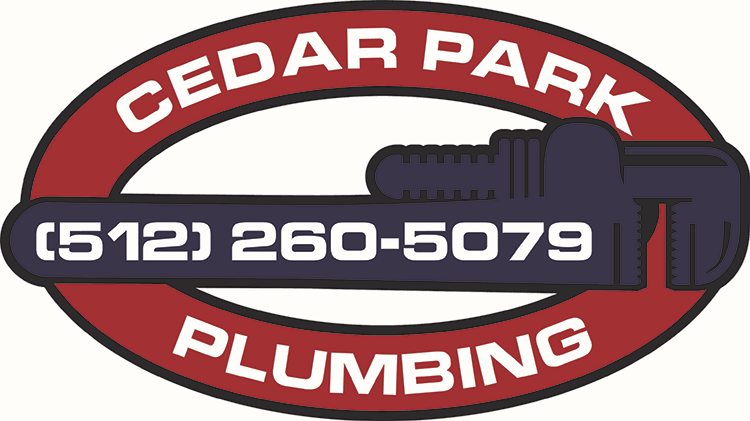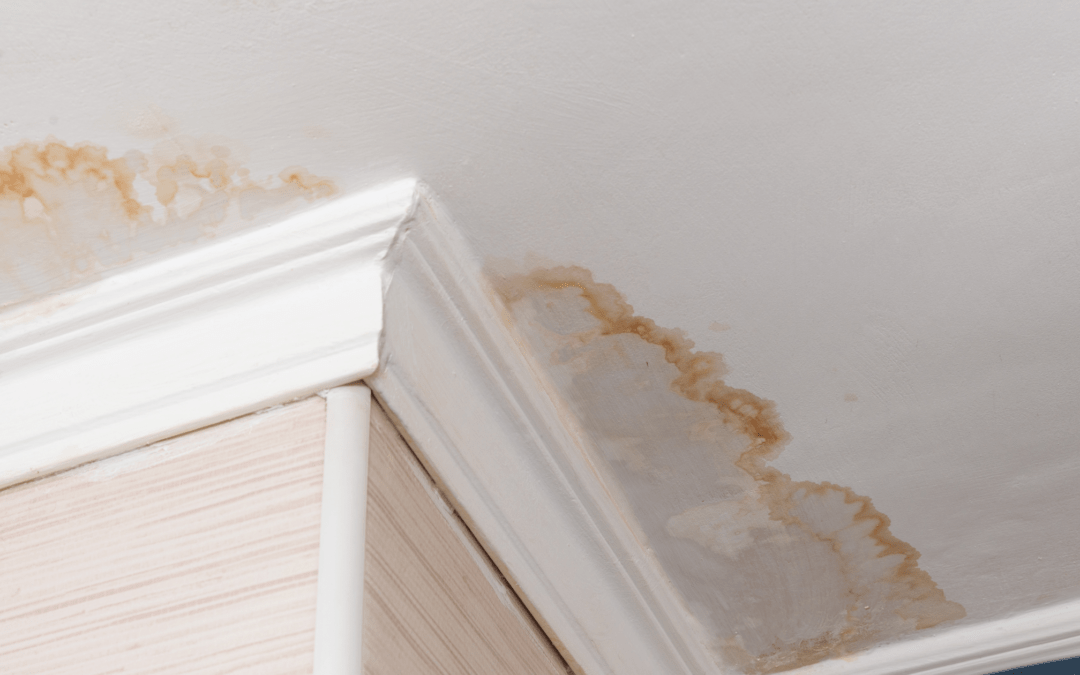Water damage can be a homeowner’s worst nightmare. From burst pipes to leaky faucets, water damage can cause costly repairs and disruptions to your daily life. However, with the right preventative measures in place, you can protect your home from potential water damage. In this blog post, we will discuss some tips from plumbing professionals on how to safeguard your home against water damage.
Regularly inspect your plumbing system:
One of the best ways to prevent water damage is by regularly inspecting your plumbing system. Check for any signs of leaks, drips, or corrosion in pipes, faucets, and fixtures. Look for any water stains on walls or ceilings that could indicate a hidden leak. By catching issues early on, you can prevent them from turning into major problems.
Maintain your gutters and downspouts:
Clogged gutters and downspouts can cause water to overflow and seep into your home’s foundation, leading to water damage. Make sure to clean out your gutters regularly to prevent blockages and ensure proper drainage away from your home. Consider installing gutter guards to help keep debris out and maintain the flow of rainwater.
Install a sump pump:
If you live in an area prone to flooding or high groundwater levels, consider installing a sump pump in your basement or crawl space. A sump pump helps to remove excess water and prevent flooding during heavy rainstorms or snowmelt. Make sure to test your sump pump regularly to ensure it is in working order when you need it most.
Insulate pipes in cold weather:
Frozen pipes are a common cause of water damage during the winter months. To prevent pipes from freezing and bursting, make sure to insulate them properly with foam pipe insulation sleeves or heat tape. Keep cabinet doors open under sinks to allow warm air to circulate around pipes located along exterior walls.
Know where your main shut-off valve is located:
In case of a plumbing emergency such as a burst pipe or overflowing toilet, it’s crucial to know where your main shut-off valve is located so you can quickly turn off the water supply to your home. Familiarize yourself with its location and make sure all household members know how to shut off the water if needed.
Conclusion
Water damage can have serious consequences for homeowners, but by following these tips from plumbing professionals, you can take proactive steps to protect your home against potential disasters. Regular maintenance, inspections, and preventative measures are key in safeguarding your property from costly repairs and disruptions caused by water damage. Remember that prevention is always better than dealing with the aftermath of a plumbing disaster!

